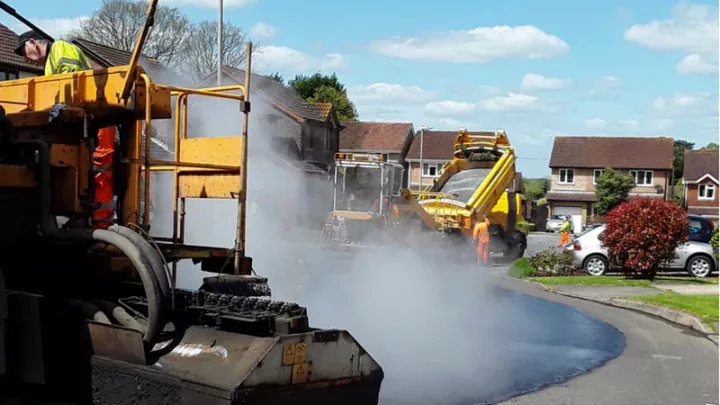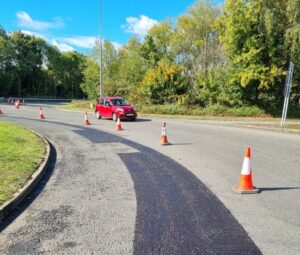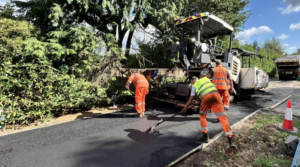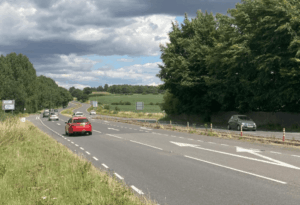As its annual programme gears up for spring, with extra funding Dorset Council is set to bolster its proactive measures to look after its roads. This includes more pothole repairs, resurfacing and preventative treatments to manage road condition and maintain highway safety.
£2.068 million each for the years 2023/24 and 2024/25 from the Department for Transport (DfT) Network North fund, from reallocated HS2 government funding, together with other maintenance and pothole funds, will be dedicated to carriageway maintenance in the council area.
The council is also allocating an additional £6.03million from its own budget for highway maintenance. This will be invested in more proactive maintenance to preserve the condition of its roads.
Cllr Ray Bryan, Portfolio Holder for Highways, Travel and Environment, said: “This extra funding will help us speed up our programme, reaching more roads before cracking or potholes appear, fixing potholes or making bigger repairs.
“This investment will help us keep our network in a good condition and reduce the number of reactive repairs.”
Cllr Bryan also emphasised the importance of proactive maintenance, stating: “It has been proven that early, preventative maintenance is the most cost-effective way to maintain roads.”
The council is awaiting confirmation of further government funding.
Pothole repair includes extensive patching of the wider area surrounding the defect, instead of just repairing the immediate pothole.. Thermal patching will also be tested this year. This will reduce CO2 emissions by heating up existing asphalt (tarmac like surface), adding new binding materials and aggregates, and recompacting the road to form a permanent seamless repair.
Resurfacing will take place throughout most of the year.
The council’s maintenance strategy also includes preventative techniques to address specific road conditions, including surface dressing, micro-surfacing and asphalt preservation,
Minor roads with visible defects, uneven surfaces, sunken areas, potholes and cracking will be repaired with in-situ recycling. It is particularly good for minor roads that have poor construction but often take heavy, agricultural vehicles.
























